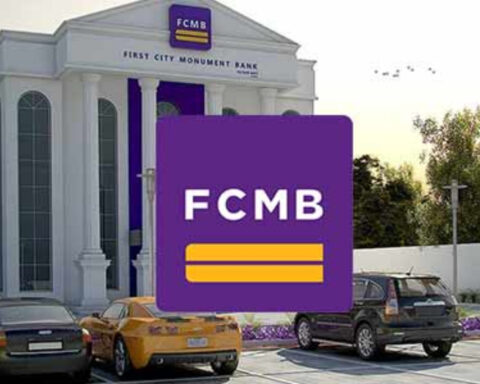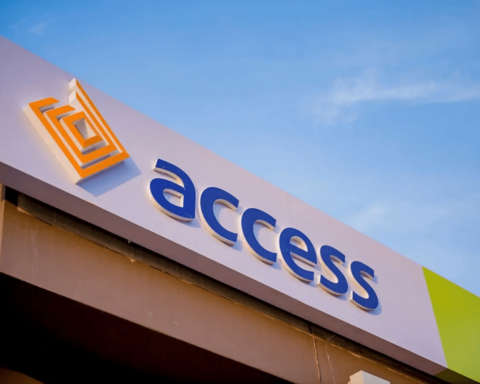Access Holdings Plc has invested $300 million in Access Bank in the face of insolvency fear in the global banking industry.
In the circular released to investors and shareholders on Tuesday, via Nigerian Exchange Limited (NGX), Access Holdings said the $300 million will be used to improve Access Bank’s total capital ratios and finance its African expansion.
Join our WhatsApp ChannelAccess Holdings said the investment capital will also be used to increase shareholders’ funds, which gives an insight into the financial health of a company, just as total capital ratios do.
“The Investment takes the form of a Tier 1 capital qualifying Mandatory Convertible Instrument and is expected to improve the Bank’s shareholders funds and total capital ratios. The Central Bank of Nigeria has approved the Investment,” Access Holdings said.
Access Bank is the second Nigerian commercial bank after First City Monument Bank (FCMB) to announce raising capital to improve their capital adequacy ratios in recent weeks since United States commercial banks, Silicon Valley Bank and Signature Bank, collapsed after their capital ratio fell drastically low, leaving the companies unable to meet depositors’ withdrawal requests and withstand investment losses.
FCMB borrowed N20.68 billion from the bonds market, while Access Bank obtained $300 million from its parent company, to raise their capital adequacy ratios.
Improvement of capital adequacy ratios is imported to banks as regulators, such as the Central Bank of Nigeria (CBN), uses it to assess a lender’s strength in absorbing financial losses before giving in to bankruptcy.
Capital adequacy ratios of banks have come under scrutiny recently due to the continuous raise of interest rates by global central banks which contributed to the failure or collapse of Silicon Valley Bank and Signature Bank, with Switzerland lender, Credit Suisse, also facing insolvency fears.
Meanwhile, Access Holdings also stated that the proceeds from the investment “will supplement the capital needs of its African expansion strategy.”















